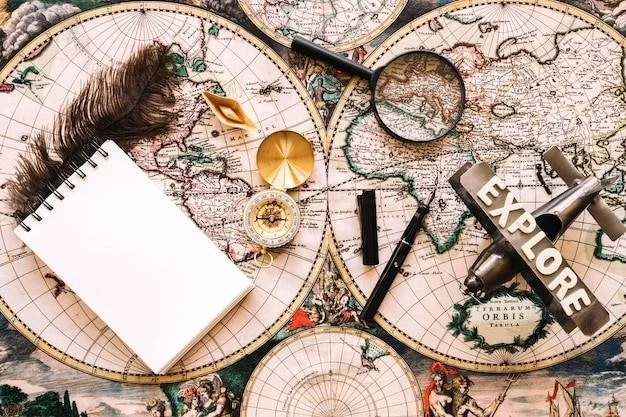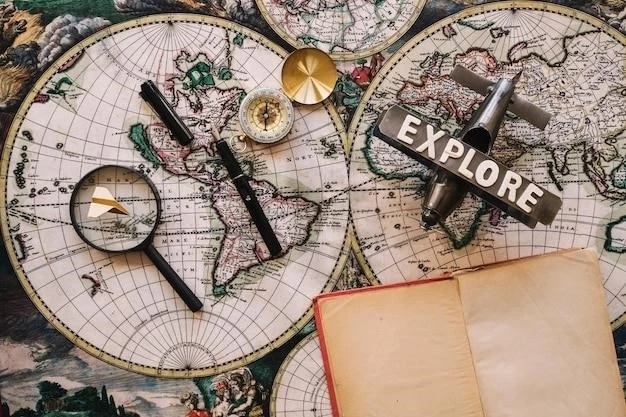The Age of Exploration, a transformative epoch in human history, witnessed European powers venturing across uncharted seas, driven by a thirst for knowledge, wealth, and new trade routes to the East. This period, spanning from the early 15th to the 17th century, reshaped the world’s political, economic, and social landscapes, leaving an enduring legacy that continues to shape our present.
Motivations for Exploration
A confluence of factors fueled the Age of Exploration. The fall of Constantinople to the Ottoman Empire in 1453 severely hampered European trade with the East, prompting a search for alternative routes. Simultaneously, the Renaissance fostered a spirit of scientific inquiry and a renewed interest in classical knowledge, including geography.
Key motivations included:
- Economic: The desire for spices, silks, and other luxury goods from the East drove European nations to seek direct sea routes, bypassing the established land routes controlled by Arab and Venetian merchants.
- Political: European powers sought to expand their territories, establish new colonies, and gain an edge over their rivals. The competition for colonies fueled rivalries and conflicts.
- Religious: The desire to spread Christianity to new lands and convert indigenous populations motivated many explorers and missionaries.
- Technological Advancements: Innovations in shipbuilding, navigation techniques like the astrolabe and the compass, and cartography enabled longer and more ambitious voyages.

Key Voyages and Discoveries
The Age of Exploration was marked by several groundbreaking voyages:
- Portuguese Exploration: Led by Prince Henry the Navigator, Portugal spearheaded early exploration efforts, focusing on the African coastline. Bartolomeu Dias rounded the Cape of Good Hope in 1488, and Vasco da Gama reached India in 1498, establishing a direct sea route to Asia.
- Christopher Columbus’s Voyages: Sailing for Spain in 1492, Columbus sought a westward route to Asia but landed in the Americas, marking the beginning of European exploration and colonization of the New World.
- Ferdinand Magellan’s Circumnavigation: Magellan’s expedition, completed in 1522, achieved the first circumnavigation of the globe, proving the Earth’s spherical shape and expanding geographical knowledge.
- Exploration of the Americas: Spanish conquistadors like Hernán Cortés and Francisco Pizarro explored and conquered vast territories in Central and South America, subjugating the Aztec and Inca empires.
- Search for the Northwest Passage: European powers, particularly England and France, explored North America extensively, seeking a westward sea route to Asia, which led to the establishment of colonies and trade networks.
Impact and Legacy
The Age of Exploration had profound and lasting consequences:
Global Exchange and Trade:
- Columbian Exchange: The exchange of plants, animals, diseases, and ideas between the Old World and the New World transformed both hemispheres. New crops like potatoes and corn revolutionized European diets, while diseases like smallpox devastated indigenous populations in the Americas.
- Rise of Global Trade: New sea routes and the discovery of new lands led to the expansion of global trade and the growth of European wealth. Trading companies like the East India Company and the Dutch East India Company were established, controlling vast trade networks.
Colonization and its Consequences:
- European Colonial Empires: European powers established vast colonial empires in the Americas, Africa, and Asia, exploiting resources and labor, leading to centuries of colonialism and its lasting impacts.
- Transatlantic Slave Trade: The demand for labor on plantations in the Americas fueled the horrific transatlantic slave trade, forcibly transporting millions of Africans across the Atlantic, resulting in immense suffering and shaping the demographics of the Americas.
- Cultural Exchange and Syncretism: The interaction between European, African, and indigenous cultures led to cultural exchange and the blending of traditions, languages, and beliefs.
Advancements in Geography and Science:
- Cartography and Navigation: Exploration spurred significant advancements in mapmaking, navigation techniques, and shipbuilding, leading to a more accurate understanding of the Earth’s geography.
- Scientific Discoveries: The encounter with new plants, animals, and cultures fueled scientific inquiry and led to new discoveries in botany, zoology, and other fields.

Conclusion
The Age of Exploration represents a pivotal period in human history, marking the beginning of globalization and shaping the modern world. While driven by a complex interplay of economic, political, and religious motivations, its legacy is multifaceted, encompassing both progress and exploitation. The Columbian Exchange, the rise of global trade, and the tragic consequences of colonialism continue to resonate today. As we grapple with the legacies of this era, understanding the Age of Exploration remains crucial for comprehending the interconnectedness of our world and the challenges and opportunities that lie ahead.










